Latest Automotive Scandals
In 2024, the automotive world has been rocked by multiple scandals involving some of the biggest names in the industry. These scandals, ranging from falsified safety tests to emissions fraud, are reminiscent of the infamous Volkswagen “Dieselgate” and have raised significant concerns about accountability and corporate ethics in the automotive sector. Here’s a detailed look at some of the most notable automotive scandals in 2024:
Toyota and the Japanese Safety Scandal
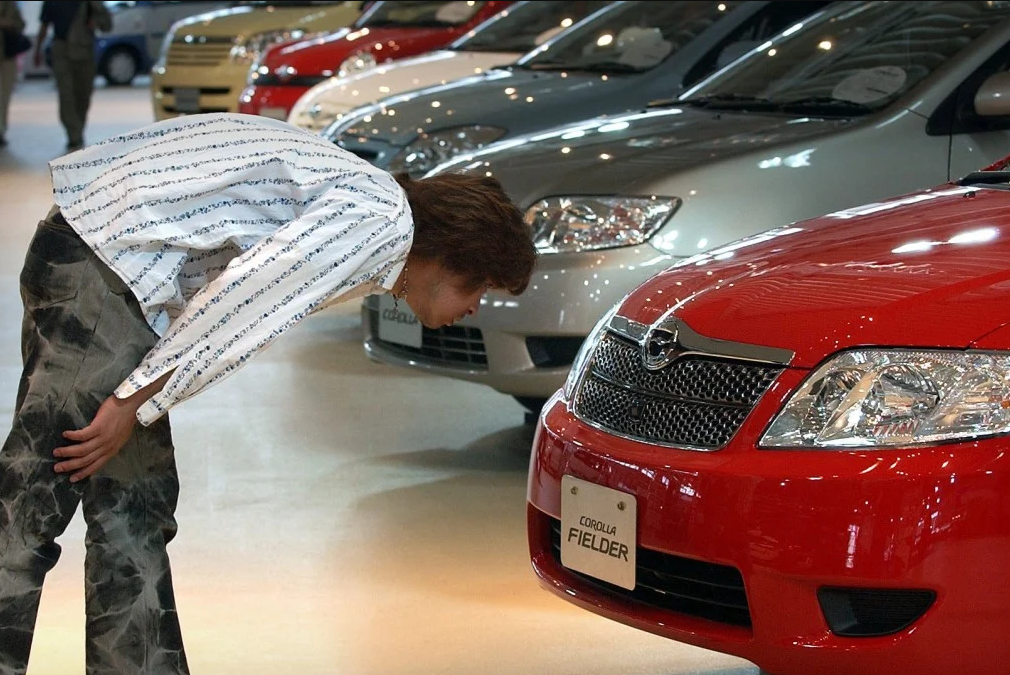
Toyota, one of the world’s largest automakers, has been hit by a series of safety testing scandals. Starting in early 2024, Toyota admitted to falsifying safety test results on multiple models, including the Corolla Fielder, Corolla Axio, and Yaris Cross. The company revealed that some collision tests were conducted improperly, using incomplete data, such as testing only one side of a vehicle’s hood rather than both sides as required by regulations.
The scandal further implicated Toyota’s subsidiary, Daihatsu, which was found guilty of manipulating tests as far back as the 1980s. Daihatsu’s wrongdoing included engine and crash performance manipulations that affected 64 models. These revelations have caused significant embarrassment for Toyota, a company known for reliability and quality
Mazda, Honda, and Yamaha were also caught up in similar scandals. Mazda admitted to falsifying results in engine control software tests and crash tests. Honda found issues with its noise and output testing, while Yamaha falsified noise-level data for motorcycles
Mazda’s Crash Test Manipulation
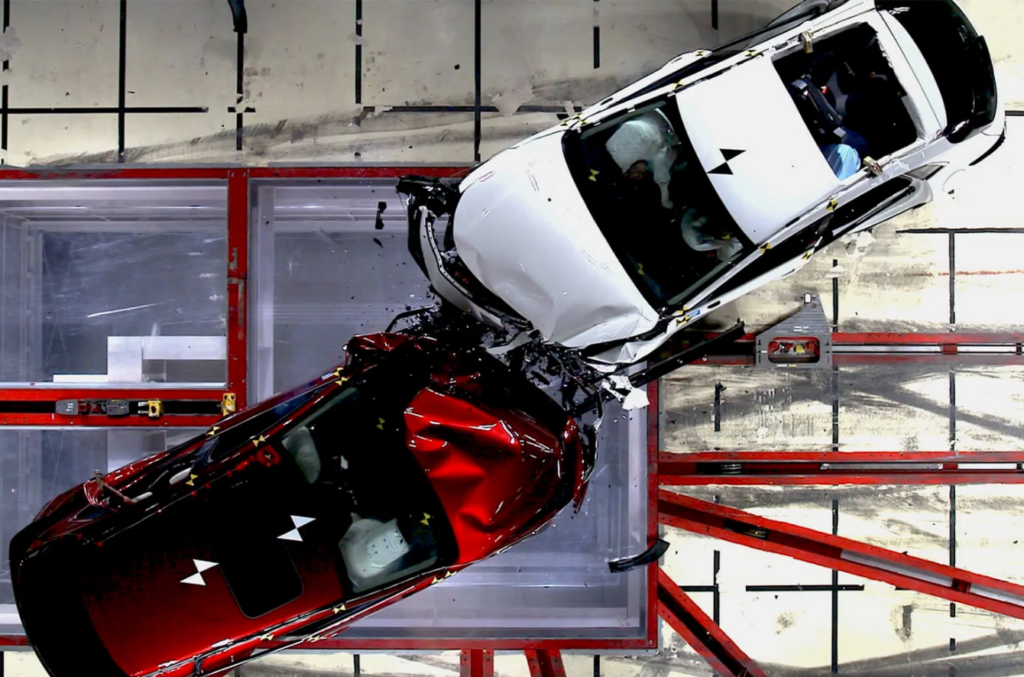
In 2024, Mazda paused the production of two models, the Mazda2 and Roadster, after it was revealed that the company had manipulated crash test results. Specifically, the tests involved using a timer to deploy airbags in certain scenarios instead of relying on sensors to detect impacts. This revelation added Mazda to the growing list of Japanese manufacturers involved in widespread testing fraud
Mazda’s shares dropped as a result, and the company suspended sales of certain models until further investigations were completed. These incidents, coupled with earlier reports of software manipulation in engine control testing, have tarnished the company’s reputation
Daihatsu’s Decades-Long Deception
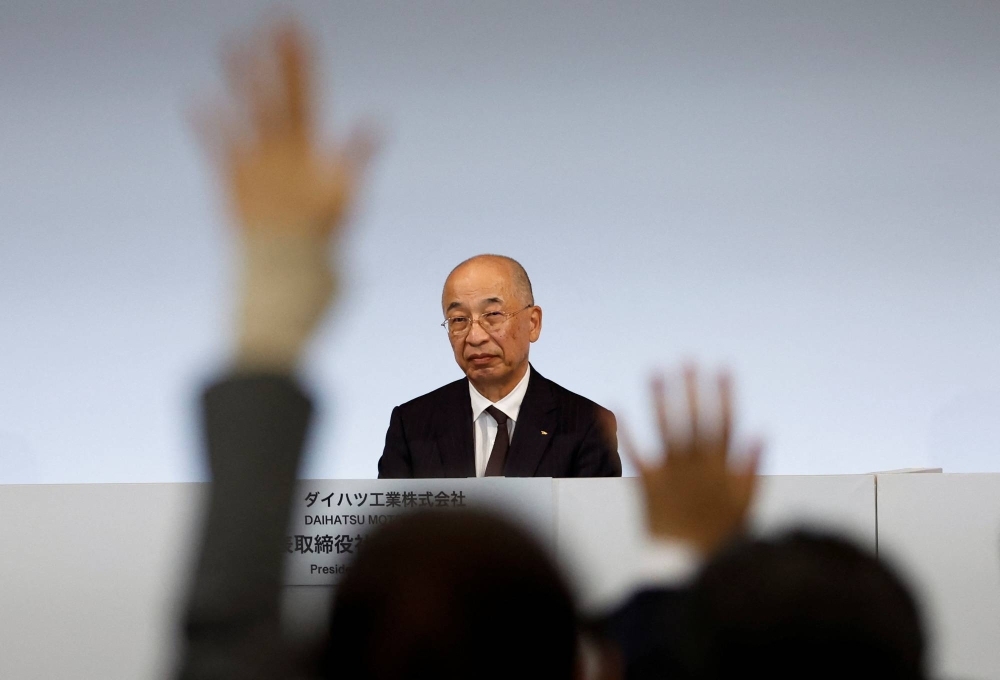
As a subsidiary of Toyota, Daihatsu’s involvement in this massive scandal added fuel to the fire. Daihatsu admitted to rigging safety tests for decades, impacting vehicles in production as far back as the late 1980s. Models affected by this deception included not only current offerings but also older vehicles that have since been discontinued
The discovery prompted the Japanese Transport Ministry to order comprehensive inspections across the entire industry, affecting over 80 companies. Although production and exports of Daihatsu vehicles resumed by mid-2024, the scandal left a significant dent in its reputation
Tesla’s Ongoing Autopilot Controversies
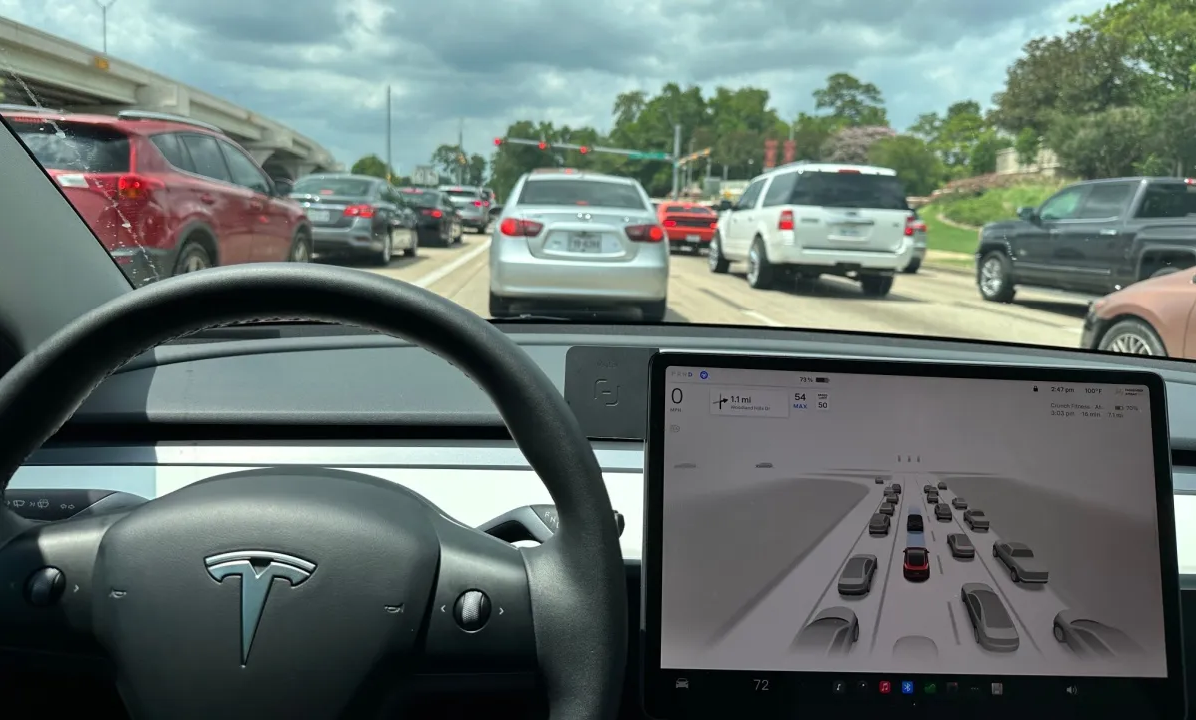
Tesla, while not involved in emissions or crash test manipulation, continues to face scrutiny for its Autopilot and Full Self-Driving (FSD) systems. Throughout 2024, Tesla has been the subject of multiple investigations by regulatory bodies over its marketing of autonomous driving capabilities. Critics argue that Tesla overstates the capabilities of its Autopilot feature, leading to dangerous situations where drivers may not be fully in control of their vehicles.
Tesla has also faced lawsuits following accidents involving its vehicles in autonomous mode. These incidents have raised questions about the future of self-driving technology and how it should be regulated
Volkswagen’s Lingering Dieselgate Fallout
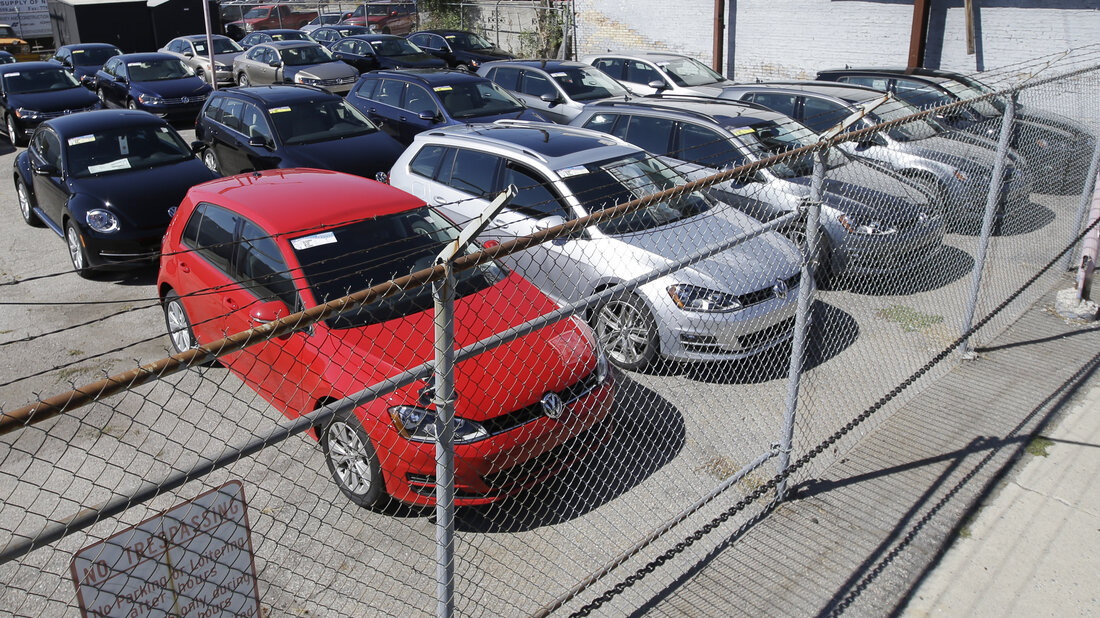
While Dieselgate occurred nearly a decade ago, the aftershocks are still felt in 2024. Volkswagen continues to face lawsuits, particularly in Europe, related to its emissions-cheating software that was installed in over 11 million diesel vehicles globally. Although the company has paid over $30 billion in fines and settlements, new lawsuits and compensation claims continue to arise
Interestingly, the lessons from Dieselgate are being closely examined as Japanese automakers face their own testing scandals. While the scale of Toyota’s scandal is not as severe, it serves as a cautionary tale about the importance of transparency and regulatory oversight
What’s Next for the Automotive Industry?

The automotive scandals of 2024 have not only shaken consumer confidence but have also put intense pressure on regulatory bodies to increase scrutiny over car manufacturers. Japan’s Transport Ministry has ramped up inspections, while European and American authorities continue to monitor emissions and safety standards across the globe
The shift toward electric vehicles (EVs) and autonomous driving technologies may further complicate the landscape, as automakers race to adapt to stricter environmental regulations. Companies like Toyota, which previously focused on hybrid technology, are now being forced to pivot to fully electric vehicles as they compete with aggressive newcomers from China and the U.S. In this evolving market, any misstep can lead to massive financial losses and long-term damage to the brand’s reputation.
In Short
The 2024 automotive scandals highlight an industry struggling to maintain its balance in a rapidly changing world. As companies like Toyota, Mazda, and others grapple with the fallout from falsified tests and regulatory breaches, the message is clear: transparency and accountability are more critical than ever. These scandals, while damaging in the short term, offer an opportunity for the industry to reform its practices and rebuild trust with consumers.
In the end, it remains to be seen how these automakers will recover and what impact these scandals will have on future vehicle safety and emissions standards. For now, though, the automotive world is under a cloud of suspicion that may take years to fully lift.

